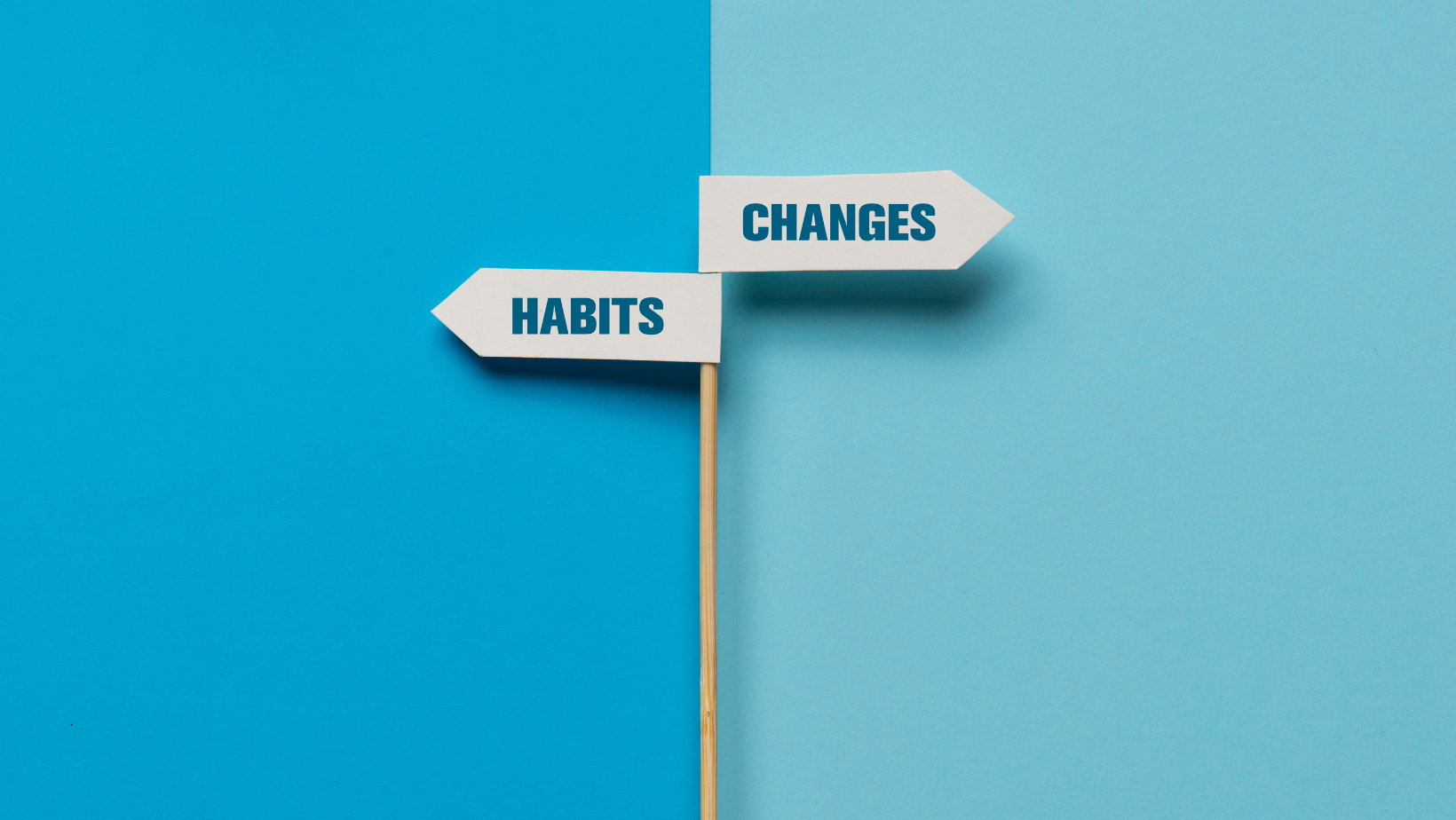Changing Your Habits? Focus On The Gains, Visualise The Outcomes.

Updated August 2nd 2023
It’s difficult to change old ingrained habits, isn’t it? To create a hunger for change, we need to be clear on what the benefits of changing our behaviour will be.
Kahneman and Tversky, two of the most famous of modern psychologists are well known for the theory of “loss aversion”. This refers to people’s strong preference for minimising losses over acquiring gains. People in fact prefer avoiding losses to acquiring equivalent gains. For example, it’s better to not lose 5 euro than to find 5 euro. We feel almost twice the emotion over a loss as opposed to a gain.
Changing how we do things in life and work can be challenging in three ways; firstly, the loss of the familiar is immediate and significant (this is usually experienced as a negative effect); secondly, the gain is distant in both time and in relation to self; and thirdly the so-called gain is really more abstract than real, meaning that incentive to pursue the change is not optimum.
This dynamic plays out in all changes we attempt to make and at all levels in a business setting. (e.g. reducing a behaviour that saves the business money in the long-term) because doing things a different way can often be associated with loss.
This means that to help us make change, we often need to be supported in thinking bigger or differently for ourselves. And as we know, in our busy lives, there isn’t always time to think about this.
Imagined outcomes are really important. It’s been shown that the brain makes connections between things that happen in real time and predictions of possible outcomes. The neural wiring blends together what is currently happening with the imagined predictions. In this way, the brain weaves its own explanation, or interpretation, of reality and this can be used as the basis of new habit and skills formation. Fundamentally, belief in the outcome significantly raises the likely hood of that outcome or behaviour associated occurring, be that outcome/behaviour positive or negative.
What are you afraid of losing? Could you practice visualising the outcomes you desire to get your brain focused on the wins? Hopefully just being more conscious of our brain and body’s strong preference for minimising losses over acquiring gains can help you to get back on the change train!
Back to Teams